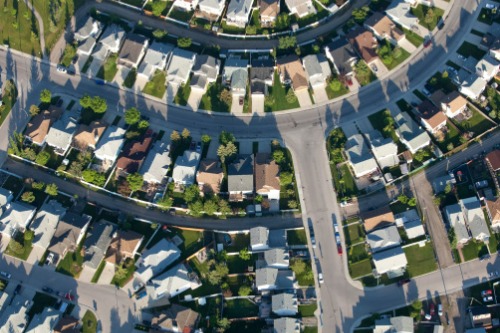Accelerated housing demand is playing a major role

Canadian housing affordability has reached its worst level in more than three decades due to accelerated demand despite the pandemic, according to RBC Economics.
“Tight demand-supply conditions maintain intense upward pressure on home prices. This is poised to raise the ownership bar higher-still for buyers in most markets, including smaller cities and rural areas that have attracted a lot of interest during the pandemic,” said Robert Hogue, senior economist at RBC.
In its latest report, RBC said that home ownership costs as a share of median household income spiked to 52% in the first quarter, which was the highest reading since 1990. Canadians in single-family households fared considerably worse, with the share reaching 56.8%.
Hogue added that this overheating has touched almost every market, with only parts of Atlantic Canada and the Prairies remaining accessible to mid-income households.
Read more: MEI: Housing measures meant to improve affordability stoked the fire instead
“In big cities, the affordability of condo apartments – the more viable option for many buyers – will likely erode as prices have recently begun to firm up,” Hogue noted.
This has pushed a significant number of buyers towards suburban markets such as Brampton and Pickering in Ontario, and the Fraser Valley in BC. But instead of finding affordability havens, this trend has instead impelled double-digit price growth in these markets due to intensified competition.
“Bidding wars – a phenomenon previously confined to the most expensive markets – spread to many regions, resulting in steep price escalations,” Hogue said. “The attendant rise in ownership costs far exceeded buyers’ income gains in the first quarter of 2021.”



